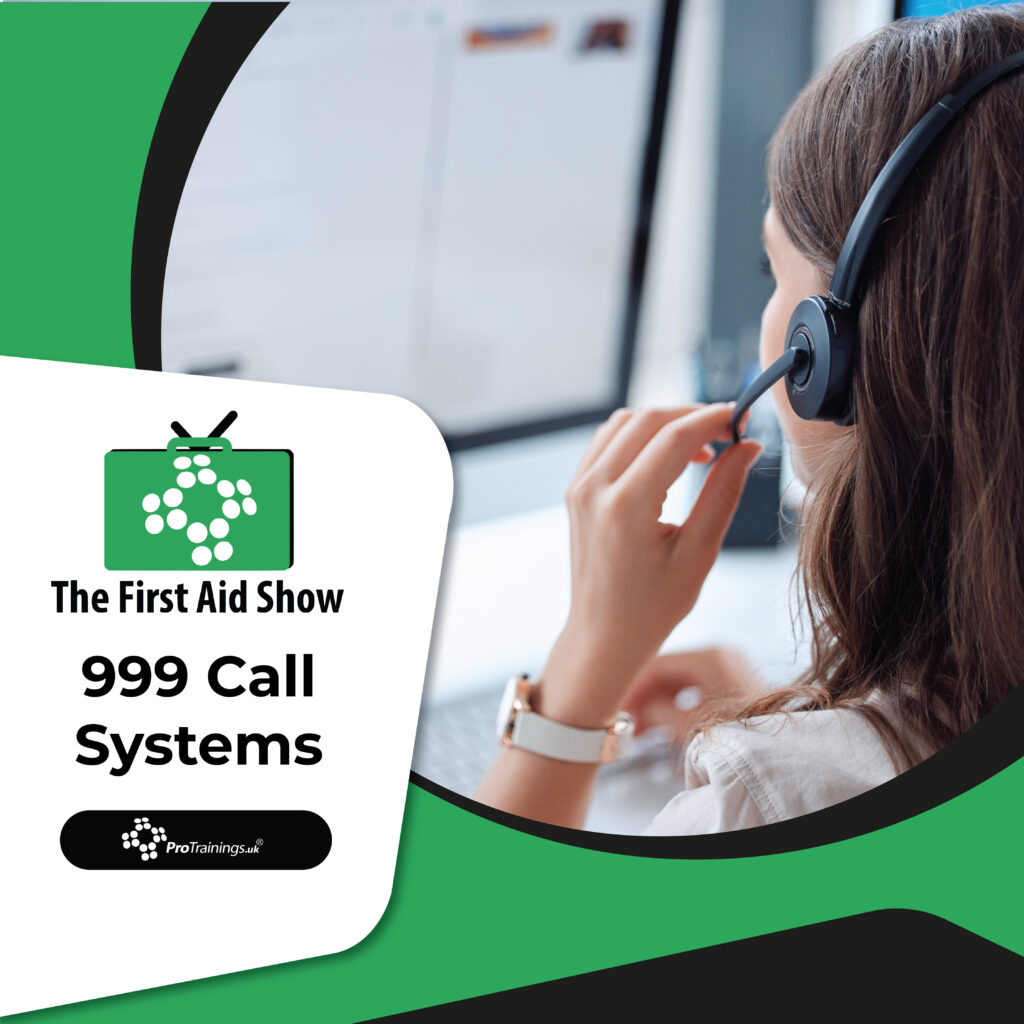How 999 Call Systems Prioritise Emergencies
Understanding the Process Behind the Scenes
When we asked a 999 operator about the systems used to prioritise emergency calls, they explained the process in detail. Although many people assume operators make decisions on instinct alone, there’s a structured system in place to ensure every call receives the right response.
ProQA: The Core of Call Assessment
At the heart of the system sits ProQA. This tool provides operators with a series of pre-set questions. As the call progresses, the operator selects answers based on the caller’s responses. These answers generate a priority code. That code then determines the level of response the patient receives.
The process happens quickly. Operators work through the questions while listening carefully. They gather details, assess risk, and assign a code—all within moments. Because of this structure, ProQA ensures consistency, speed, and accuracy across all 999 calls.
Using Clinical Oversight When Needed
However, not every situation fits neatly into a template. Sometimes a call feels more urgent than the system suggests. Other times, the priority code might seem too high based on the available information. In these cases, the operator can escalate the call to a clinician.
A clinician reviews the details and decides whether to upgrade, downgrade, or confirm the current priority. This added layer of decision-making helps refine the response. It also ensures that every patient receives the most appropriate care possible.
Why 999 Call Systems Matter
So, why are 999 call systems so important? They provide a structured, repeatable method for assessing emergencies. They also remove guesswork and reduce human error. In urgent situations, that reliability matters.
Ultimately, 999 call systems combine advanced software with expert judgment. Together, they create a fast, accurate, and flexible process that saves lives. Operators trust the system, but they also use experience and instinct to make sure nothing is missed.


